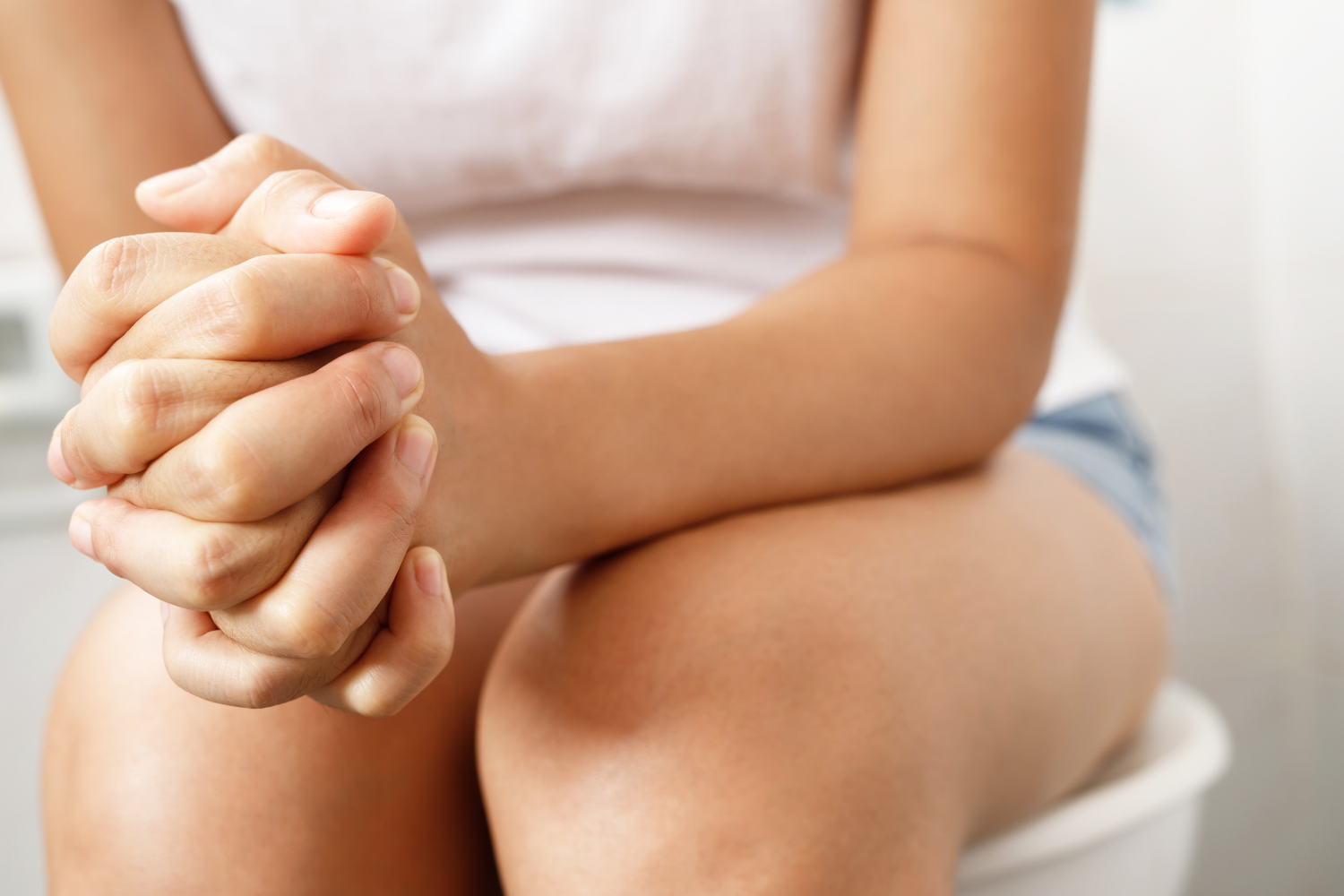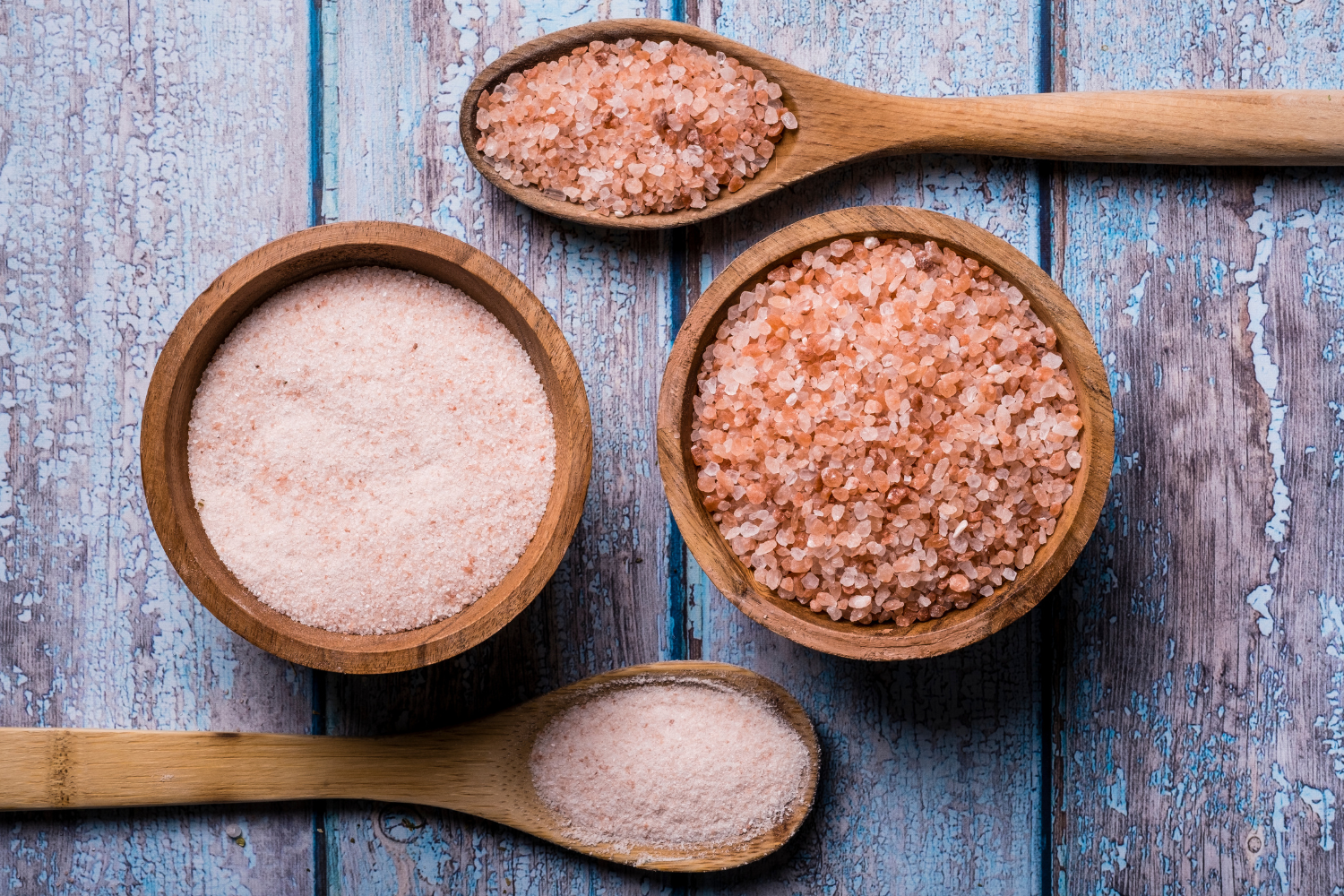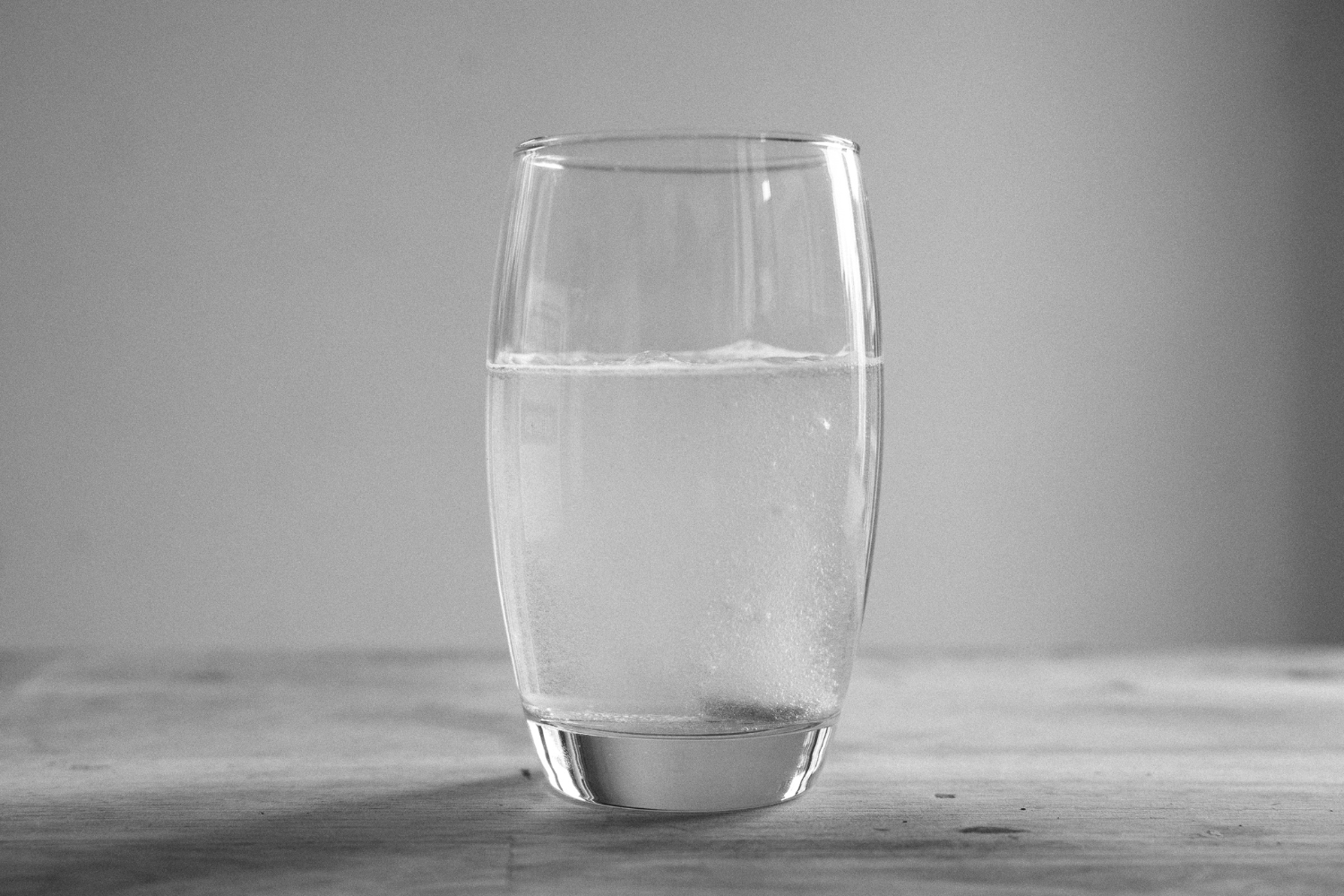Starting a carnivore diet changes how your body holds onto water and minerals. Without carbs, insulin levels drop, leading to increased urination and a faster loss of essential electrolytes, such as sodium, potassium, and magnesium. Some people report symptoms like muscle cramps, brain fog, and low energy during the early stages of the carnivore diet, which may be linked to changes in electrolyte balance.
To maintain proper electrolyte levels and help you stay hydrated, keep your muscles and nerves working, and keep your energy up, many carnivore dieters turn to electrolyte drinks.
These drinks are often used to support hydration and replace minerals commonly lost during increased urination. Using electrolyte powders, liquid electrolyte additives, or mineral-rich options like bone broth can help with healthy fluid and mineral balance and support hydration and mineral intake on a zero-carb plan.

What Happens to Electrolytes on a Carnivore Diet?
Switching to a carnivore diet changes how the body handles fluids. Without carbs, insulin levels drop, which reduces how much water the body holds onto. As a result, the kidneys flush out more water, which also means losing essential minerals. This rapid shift can change how much water your body keeps and lead to symptoms linked to low electrolyte levels, especially during the early phase of the diet.
Signs You May Be Low on Electrolytes
Symptoms like fatigue, brain fog, and muscle cramps are sometimes blamed on the carnivore adaptation phase, but they often signal a drop in electrolyte levels. Increasing electrolyte intake can help support hydration and normal muscle and nerve function during dietary changes:
-
Muscle cramps or twitches
-
Low energy or trouble focusing
-
Headaches or dizziness
-
Poor sleep or trouble relaxing muscles

Which Electrolytes Do Carnivore Eaters Need Most?
Carnivore dieters still need the same key electrolytes the body relies on to function well. Without fruits, vegetables, or carb-rich foods, it becomes more important to get these minerals from animal-based sources, high-quality salts, or electrolyte supplements. Each one plays a different role in helping your body stay hydrated, sending signals between nerves, and keeping your muscles and heart working well.
Sodium
Sodium is one of the primary electrolytes lost during increased urination. It helps regulate fluid balance, supports muscle contractions, and is essential for nerve and muscle function.
Carnivore dieters often use Himalayan pink salt or Redmond Real Salt to boost sodium levels. Salting your food generously and drinking bone broth can help maintain steady energy levels and normal sodium levels, which are important for steady energy.

Potassium
Potassium supports nerve function, muscle function, and helps regulate blood pressure. It also plays a role in muscle relaxation.
Carnivore diets make it harder to get enough potassium through food alone, especially without plant sources. Canned salmon and organ meats provide some, but many carnivore dieters use potassium citrate drops or other electrolyte powders to help maintain healthy potassium levels or a balanced intake of sodium and potassium.
Magnesium
Magnesium plays a role in over 300 bodily functions, including proper hydration, nerve signaling, and muscle and nerve function. Low magnesium levels have been associated with symptoms and effects such as occasional muscle tightness or changes in sleep patterns in some individuals.
While organ meats and fatty fish contain small amounts, they may not be enough. Many use magnesium glycinate, magnesium citrate, or magnesium oxide as electrolyte supplements. Some also drink mineral-rich water or use trace minerals to support daily electrolyte intake.
Can You Have Electrolyte Drinks on a Carnivore Diet?
Yes, electrolyte drinks can be part of a carnivore diet as long as they align with your zero-carb goals. Since many carnivore dieters lose more fluids and minerals, a well-formulated electrolyte drink can help support mineral balance without kicking you out of dietary alignment.
Are Most Electrolyte Drinks Carnivore-Friendly?
Not all electrolyte drinks are made for a strict carnivore approach. Many contain added sugars, artificial sweeteners, or unnecessary additives that don’t belong on a meat-based plan.
Some also include plant-based flavors or fillers. Read ingredient labels carefully to ensure your choice supports proper hydration without disrupting your dietary adjustments.
What to Look For in a Carnivore-Safe Electrolyte Drink
The best options use simple ingredients and avoid anything that could interfere with the benefits of a strict carnivore diet. Look for products that replace essential electrolytes without unnecessary extras.
-
Zero carbs and sugars
-
Simple ingredients: salts, minerals, natural flavor (if any)
-
No artificial sweeteners or preservatives
-
No fillers or plant-based additives

Best Electrolyte Drink Options for Carnivore Dieters
Carnivore dieters have both store-bought and homemade options to maintain electrolyte balance. The key is using clean, minimal ingredients that provide sodium, potassium, and magnesium without added carbs.
LyteShow
LyteShow offers one of the top clean-label electrolyte solutions for carnivore dieters. Their formulas avoid added sugars, unnecessary flavorings, and artificial ingredients. They provide key electrolytes like sodium, potassium, and magnesium in balanced amounts to support proper electrolyte levels, nerve function, and muscle health without disrupting a zero-carb lifestyle.
DIY Electrolyte Drink Recipes with Animal-Based Ingredients
If you prefer homemade, animal-based options, you can create simple electrolyte drinks using ingredients already found in a carnivore kitchen. These support proper hydration while delivering essential electrolytes.
-
Bone broth made from beef or chicken bones
-
Salt + water combos using Himalayan pink salt or Redmond Real Salt
-
Collagen or gelatin stirred into warm water for added gut and joint support
When Should You Drink Electrolytes on a Carnivore Diet?
Timing matters when it comes to staying hydrated and avoiding symptoms of electrolyte imbalance. Staying on top of electrolyte intake may help support energy, normal muscle function, and energy levels. Plan your intake based on activity level, temperature, and fasting habits.
Best Times to Replenish Electrolytes:
-
In the morning to restore overnight loss
-
After workouts to replace sweat
-
Before bed to help support muscle relaxation overnight
-
During heat or while fasting to maintain fluid balance

How Much Electrolyte Intake Is Enough?
There’s no one-size-fits-all number for how much electrolytes you need. Factors like exercise, fasting, heat, and current symptoms all play a role. The goal is to support muscle and nerve function without creating excess potassium or excess sodium issues.
General Guidelines:
-
Listen to your body and adjust based on symptoms and lifestyle
-
Start with small doses and increase gradually
-
Pay attention to signs like muscle cramps, fatigue, or low energy
-
Use products with balanced levels of sodium, potassium, and magnesium
Stay Strong and Balanced During Carnivore Diet with Electrolyte Support
On a carnivore diet, your body loses water and essential minerals faster due to the lack of carbs and insulin response. Adequate electrolyte intake supports healthy muscle function, plays a role in energy metabolism, and aids in hydration.
Using clean, sugar-free options like LyteShow helps provide key electrolytes without added sugars or unnecessary additives. Electrolyte balance plays an important role in muscle and nerve function. Maintaining steady electrolyte levels helps you think clearly and stay focused and energetic while living zero-carb.
Frequently Asked Questions
Do you need electrolytes on a carnivore diet?
Often, yes. A carnivore diet can increase fluid loss early on, so electrolytes may help support hydration, fluid balance, and normal muscle and nerve function.
What electrolytes are most important on carnivore?
Focus on sodium, potassium, and magnesium. These minerals play key roles in fluid balance, plus normal nerve and muscle function.
Can you drink electrolytes without carbs on carnivore?
Yes. Choose zero-carb electrolyte drinks or drops with no sugar and minimal ingredients, and avoid sweeteners or fillers if a strict approach is important.
How much sodium do carnivore dieters need?
Sodium needs vary with sweat, activity, heat, and fasting. Start by salting food to taste and using options like bone broth, then adjust gradually based on how the body responds. Anyone monitoring blood pressure or kidney health should check with a clinician before increasing sodium.
Do electrolytes break a fast on a carnivore diet?
No, plain electrolyte drinks without calories won’t break a fast.
References
-
Laffel L. (1999). Ketone bodies: a review of physiology, pathophysiology and application of monitoring to diabetes. Diabetes/metabolism research and reviews, 15(6), 412–426. https://doi.org/10.1002/(sici)1520-7560(199911/12)15:6<412::aid-dmrr72>3.0.co;2-8
-
Maughan, R. J., & Shirreffs, S. M. (2010). Development of hydration strategies to optimize performance for athletes in high-intensity sports and in sports with repeated intense efforts. Scandinavian journal of medicine & science in sports, 20 Suppl 2, 59–69. https://doi.org/10.1111/j.1600-0838.2010.01191.x
-
Schaefer, T. J., & Wolford, R. W. (2005). Disorders of potassium. Emergency medicine clinics of North America, 23(3), 723–ix. https://doi.org/10.1016/j.emc.2005.03.016
-
Shirreffs, S. M., & Sawka, M. N. (2011). Fluid and electrolyte needs for training, competition, and recovery. Journal of sports sciences, 29 Suppl 1, S39–S46. https://doi.org/10.1080/02640414.2011.614269
-
Volpe S. L. (2013). Magnesium in disease prevention and overall health. Advances in nutrition (Bethesda, Md.), 4(3), 378S–83S. https://doi.org/10.3945/an.112.003483



